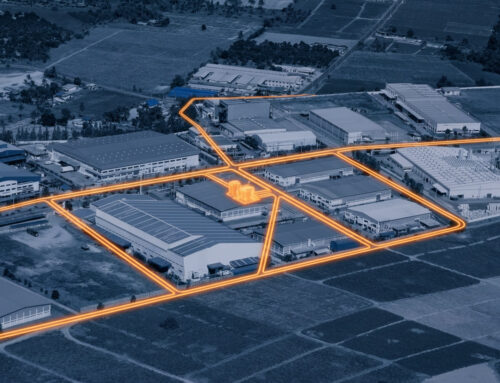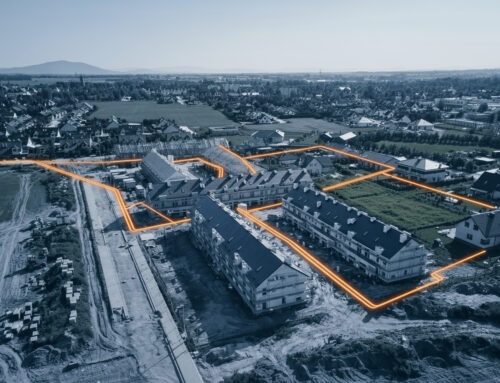Project Description
Market development, local authority market segment
In the coming years, municipalities will face the challenge of developing a sustainability strategy and implementing the energy transition locallyand to ensure the attractiveness of the municipality for citizens and companies. This is also to be achieved by expanding the Digital infrastructure happens – because broadband and smart cities support services of general interest and the attractiveness of a location.
At the same time, budgets are tight, skilled workers are scarce and the complexity of projects is increasing. Many local authorities therefore need partners who can provide planning, financing and operation from a single source.
Here are the specific challenges:
Developments and challenges
EXAVY services
EXAVY develops and finances turnkey infrastructure projects that combine local energy and digital transformation. As a PPP (Public Private Partnership), the projects can help to solve the challenges facing local authorities.






